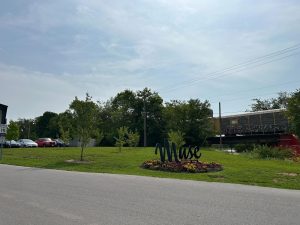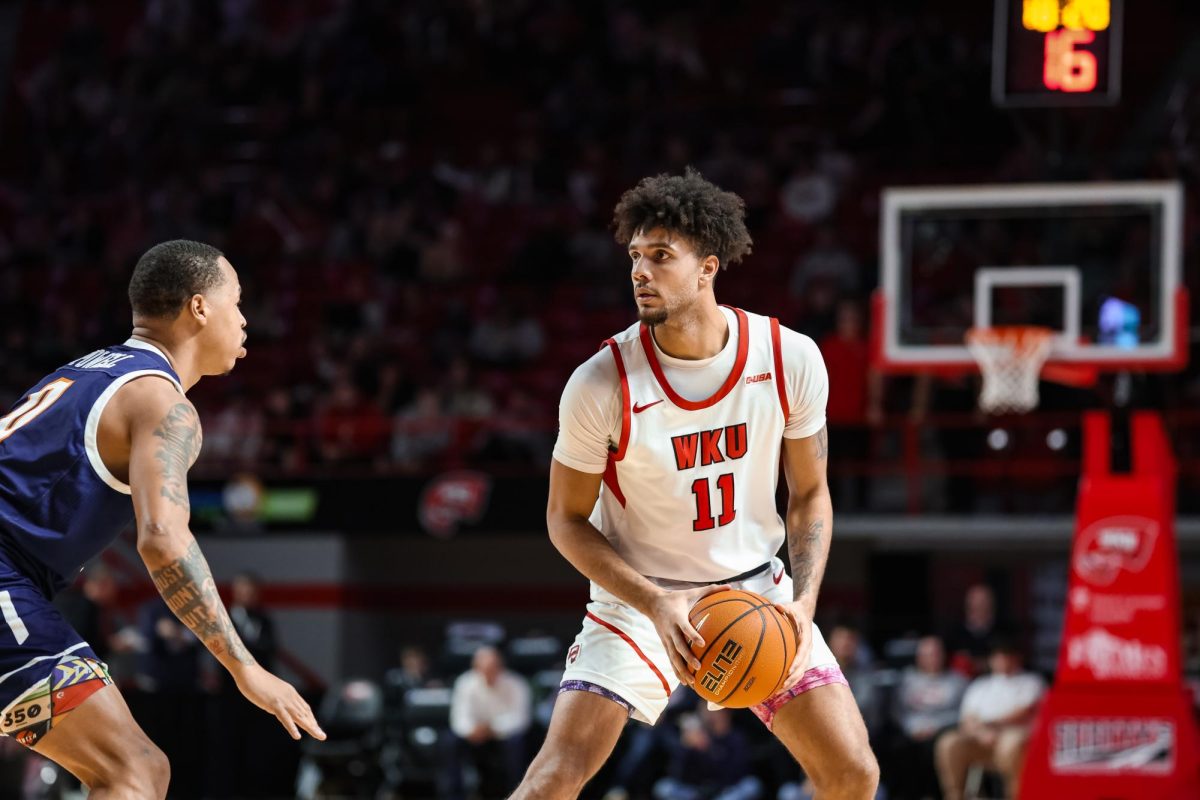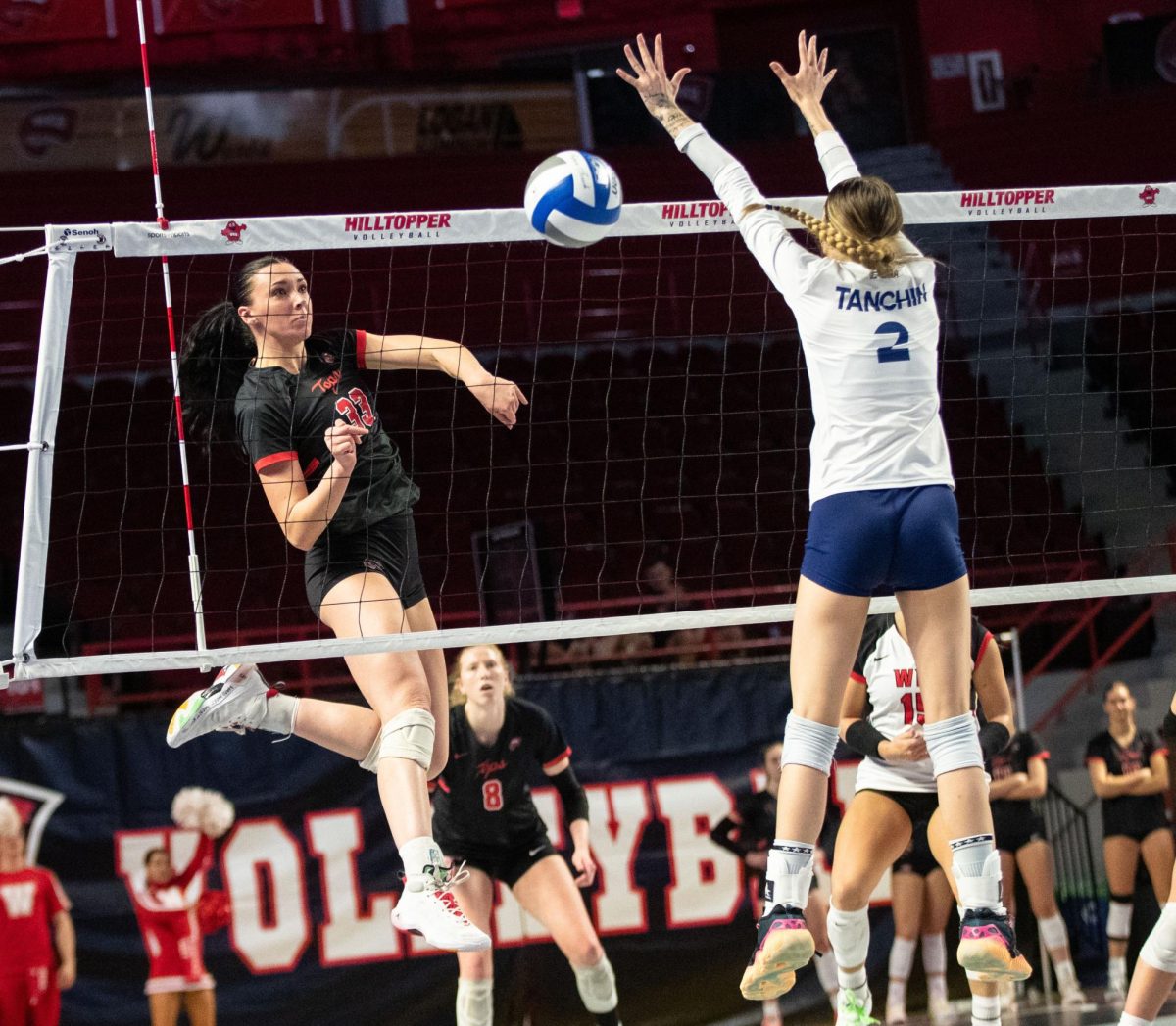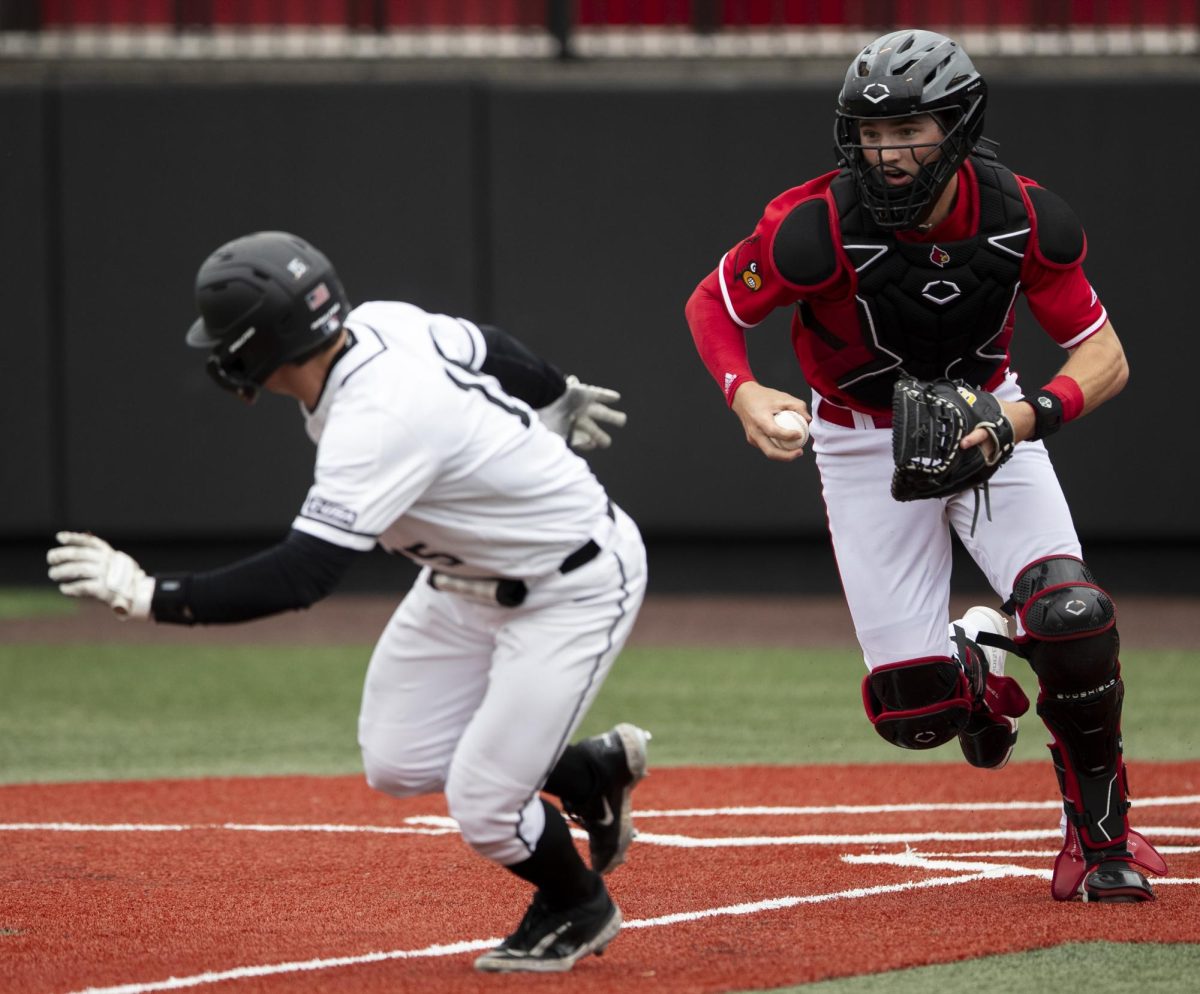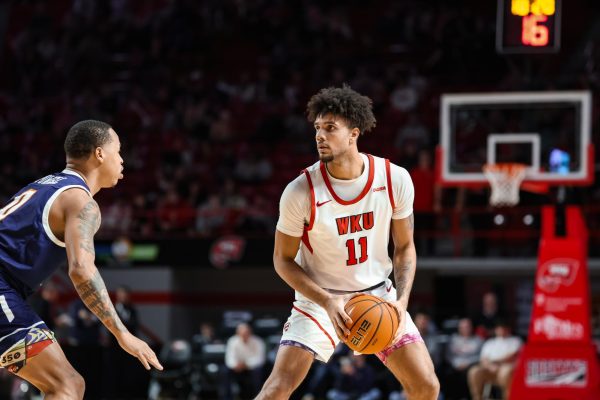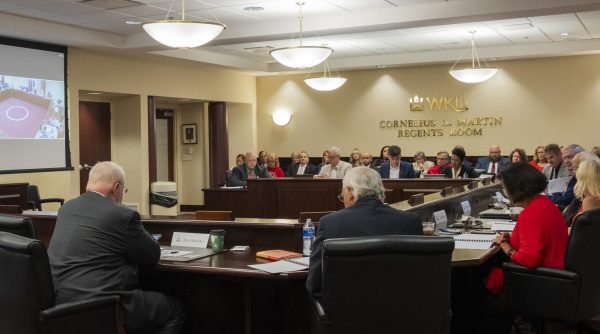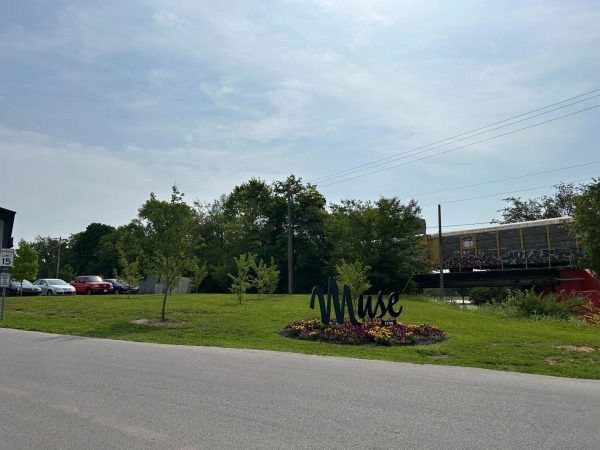SGA meeting spurs debate on Greek Village
August 28, 2003
Some see it as a way to bring Greeks together. Some see it as a waste of money. Others haven’t yet formed an opinion.
But one thing is clear – the debate has begun.
Students began voicing their opinions about the proposed Greek Village and the ways it may be paid for at the Student Government Association meeting on Tuesday.
University officials have said they are considering using money from the general fund to pay for it.
SGA President John Bradley said that won’t fly.
“I think the Greek Village is a great idea,” he said. “I think the financing is questionable.”
He was joined by about 50 students, including SGA members, at Tuesday’s meeting.
No vote of SGA members was taken.
Administrators have said the Greek Village could ease safety concerns.
“We’re simply not going to allow students to live in unsafe conditions,” President Gary Ransdell said on Monday.
Bradley agreed that the village would make housing more safe for Greeks.
“We have the most progressive university president in the entire country,” Bradley said. “I’m very much in support of what the administration does.”
Ransdell said the Greek Village could also benefit Western by helping to ease parking problems, free beds in the dorms and clean up some decaying neighborhoods.
But Bradley said the village is not the big picture answer to Western’s parking problems.
Student tuition makes up 30 percent of the budget while another 70 percent comes from tax payers’ dollars, Bradley said. The Herald reported Tuesday that Greeks make up about 82 percent of students at Western.
Brandenburg sophomore Scott Broadbent, an SGA member, said he would like to see the Greek village built.
“I support the university expanding, and the Greek Village would be good for student improvements,” he said. “I’d like to see money coming from something different than the general operating budget, but I’d accept it.”
Brownsville senior Scott Wolfe said the Greek Village may have potential to improve Western.
“There’s just not enough information for me to oppose it,” Wolfe said.
But other students don’t see it as an asset to students.
Hendersonville senior Dana Lockhart said using money from the general fund poses a problem because a substantial part of students are non-traditional and would not benefit from it.
“It comes down to 50-year-old students and single moms working full time and going to night class that would be affected,” Lockhart said.
Nick Todd, SGA vice president for finance and a Kappa Sigma member, explained that there are many fees that students pay for in their tuition that they may not end up benefiting from.
“Regardless if you go to games, your’re still paying a sporting fee, and you pay a Preston fee whether you use it or not,” Todd said.
But Lockhart sees fees, such as the one for athletics, as more beneficial than the Greek village because students at least have the option to use the benefits of the fees. With the athletics fees, students are allowed to attend games for free.
Todd said he still sees it differently.
“It’s a great thing not only for Greek organizations, but for student life as well,” he said.
One way may be through housing.
Charley Pride, director of student activities, said about 172 beds could be opened if sorority members in Meredith Hall were to move out.
Bradley said the university may have other housing priorities than the Greek village.
“Western is the only college in Kentucky that doesn’t have non-traditional housing,” he said.
The debate about the Greek village continued yesterday afternoon.
Louisville senior Kristin FarrowCQ said the Greek village shouldn’t be a priority for the university.
“I think it can wait,” Farrow said. “If sororities want better houses, they should have to pay for it.”
Louisville sophomore Nicole Koestel, a Kappa Delta member, said Western should look into different types of loans and grants since she doesn’t think everyone should have to pay for the village.
But Koestel said the Greek Village would be good because it would provide a central location for Greeks.
“It could enlarge our Greek community since only like 12 percent are involved,” she said.
Reach Lindsey Reed at [email protected].







